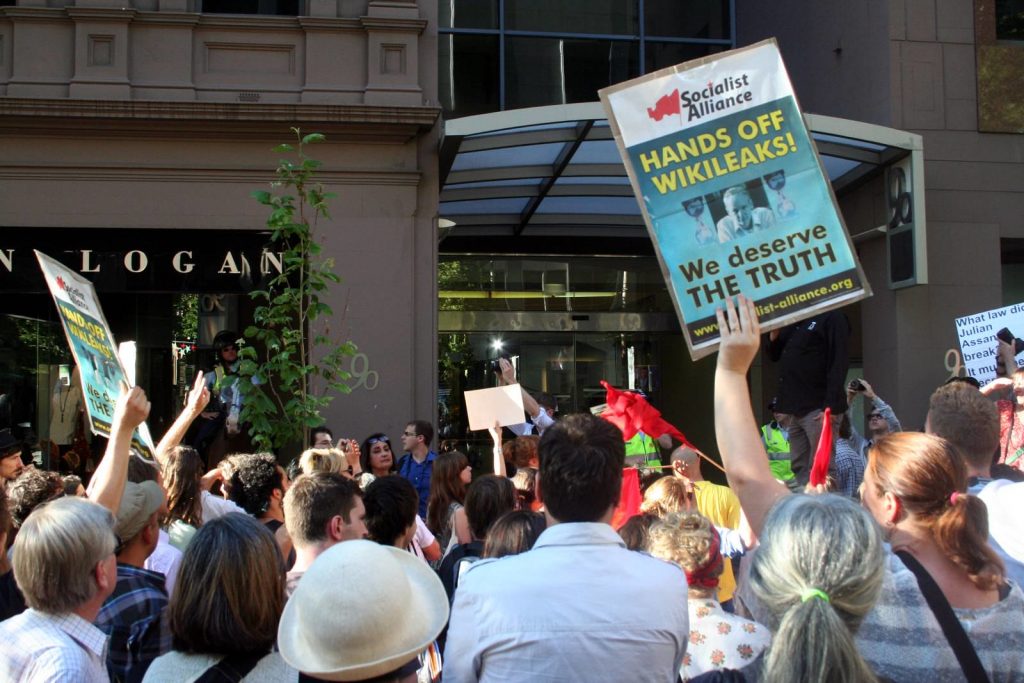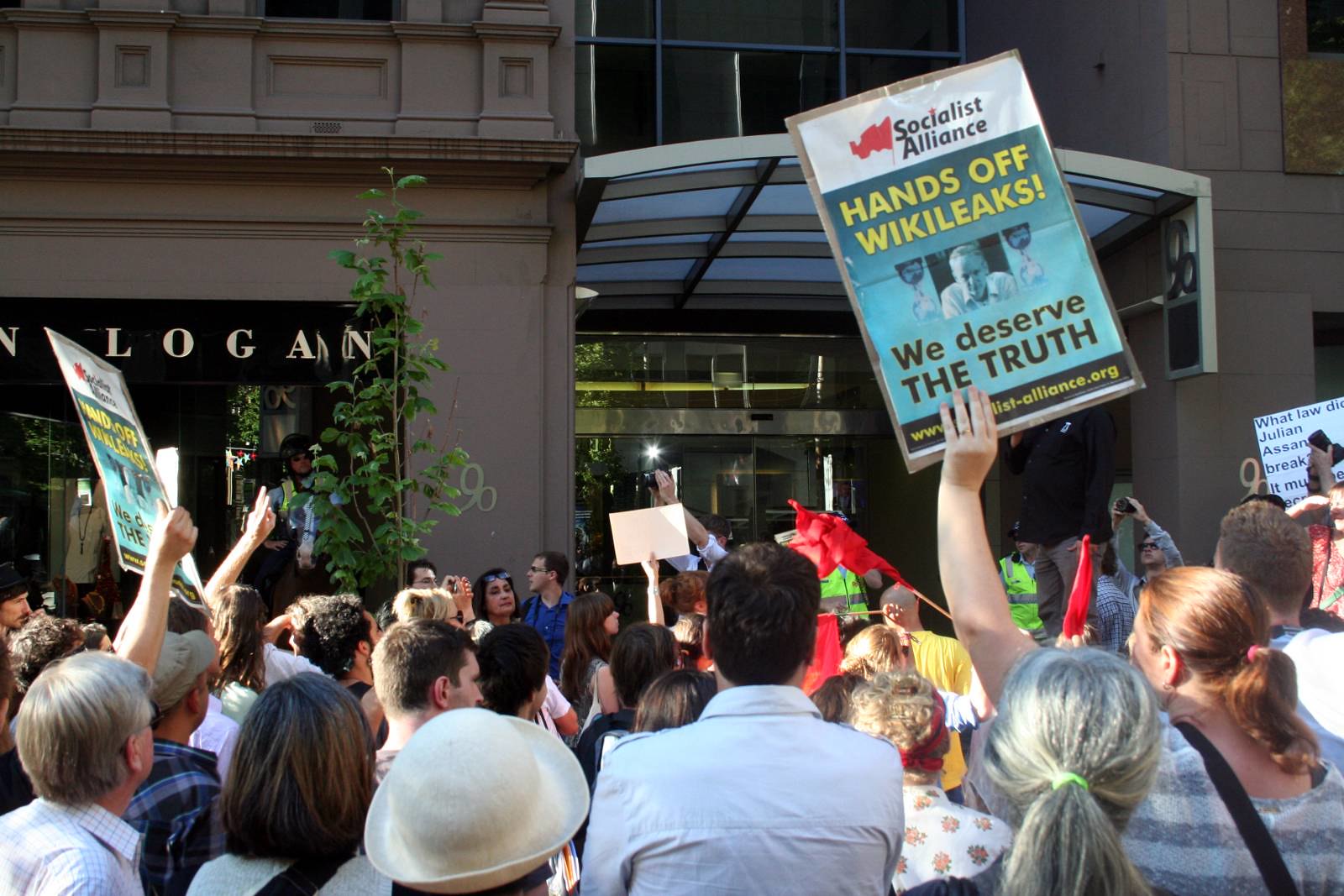A court in London yesterday ruled that while US prosecutors met the test for Wikileaks founder Julian Assange to be extradited it was ‘satisfied the procedures described by the US’ would not prevent him from ‘finding a way to commit suicide’.
Assange founded WikiLeaks in 2006 and the US justice department claimed that whistle-blower website endangered lives and filed 17 charges in 2020 for violating the Espionage Act. His lawyers stated that if he is to be extradited to the US and convicted, he could face a possible penalty of up to 175 years in jail. Yesterday, District Judge Vanessa Baraitser said: ‘Faced with the conditions of near total isolation without the protective factors which limited his risk at HMP Belmarsh, I am satisfied the procedures described by the US will not prevent Mr Assange from finding a way to commit suicide and for this reason I have decided extradition would be oppressive by reason of mental harm and I order his discharge.’
Professor Michael Kopelman had prepared two reports on Assange’s mental health, dated 17 December 2019 and 13 August 2020. At the time of his December 2019 report, Prof Kopelman – an emeritus professor of neuropsychiatry at King’s College London – diagnosed a recurrent depressive disorder which was sometimes accompanied by psychotic features and often with ruminative suicide ideas. I am as confident as a psychiatrist ever can be that, if extradition to the United States were to become imminent, Mr Assange will find a way of suiciding.’
Jennifer Robinson, barrister at Doughty Street Chambers and a member of Assange’s legal team stated that ‘it is a welcome decision in the sense that the Judge recognized in her judgment that Julian should not be extradited.’ However, Robinson also said that the extradition was not blocked for press freedom concerns, rather it was blocked on the narrow grounds of Assange’s declining mental health condition and the specific prison conditions he would face upon return to the US. ‘It is still very concerning and free speech groups should still be concerned… as the Judge agreed with the US prosecutors in all other matters,’ Robinson continued.
The US authorities have 14 days in which to lodge an appeal and they are expected to do so. Mr Assange was taken back to Belmarsh prison, and his legal team are expected to apply for his bail tomorrow.








